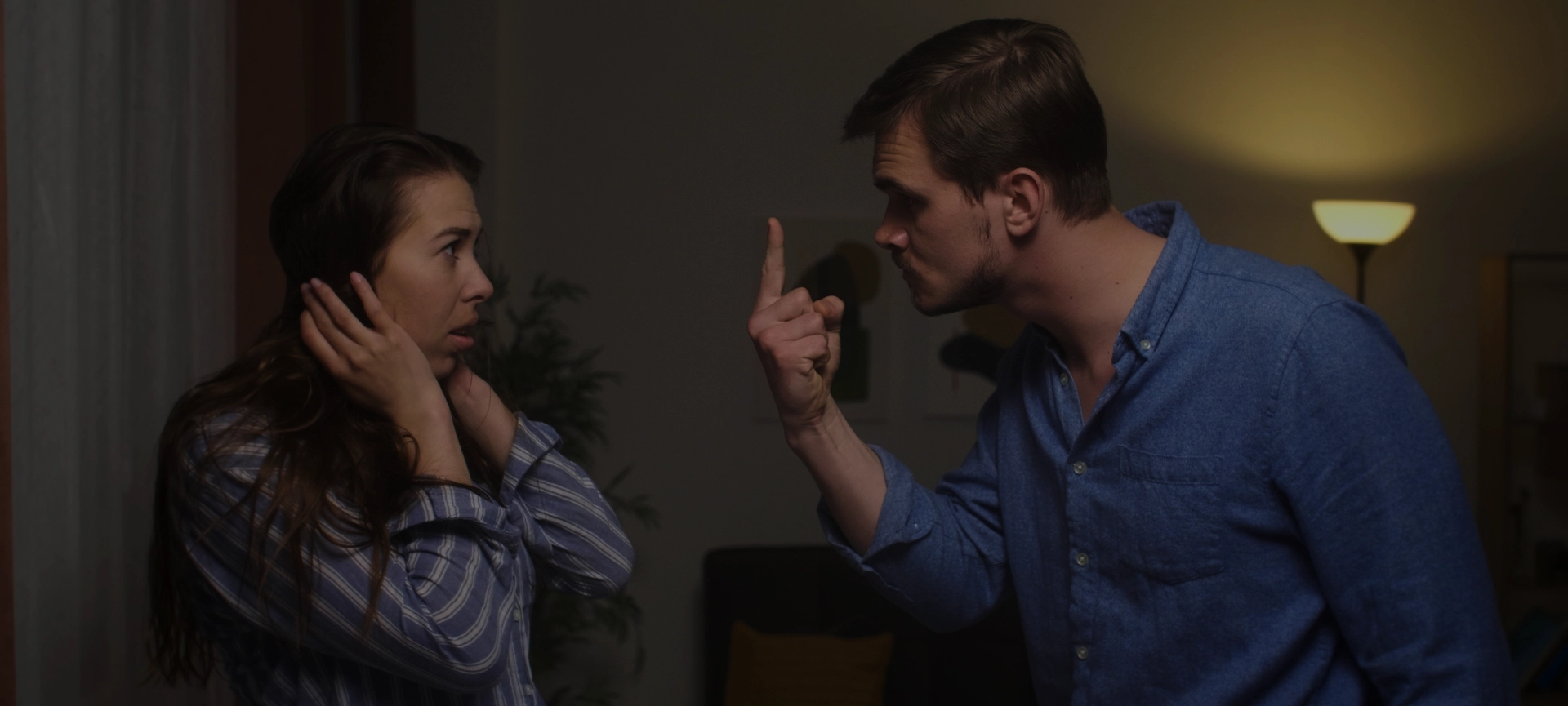The federal government is going to court to defend one of the most controversial changes to the criminal pardons system made by the previous Conservative government.
In 2010, Parliament changed the Criminal Records Act to extend the waiting period required to apply for a pardon, to 10 years from five for indictable offenses.
And, in a move that drew a great deal of criticism, the amendment was made retroactive to anyone who had already been sentenced under the old law and was awaiting a pardon. The changes came into force in March 2012.
One man who was caught up in the retroactive application of the law is challenging its constitutionality in an Ottawa court next week.
[…]
Spratt argues that extending the waiting period is unconstitutional because it violates the section of the charter that says offenders are entitled to the “lesser punishment” if Parliament changes the rules mid-process.
[…]
In his submission to the court, Spratt also highlighted a story first reported by CBC News in January 2016, in which Public Safety Minister Ralph Goodale said some changes by the Conservatives were “punitive” and would be reviewed.
“Protecting the public is important, but we also need to look at the issue of balance and fairness and proportionality, and we will examine all of those things in reference to this issue,” Goodale said at the time.
Read Alison Crawford’s full article: CBC



